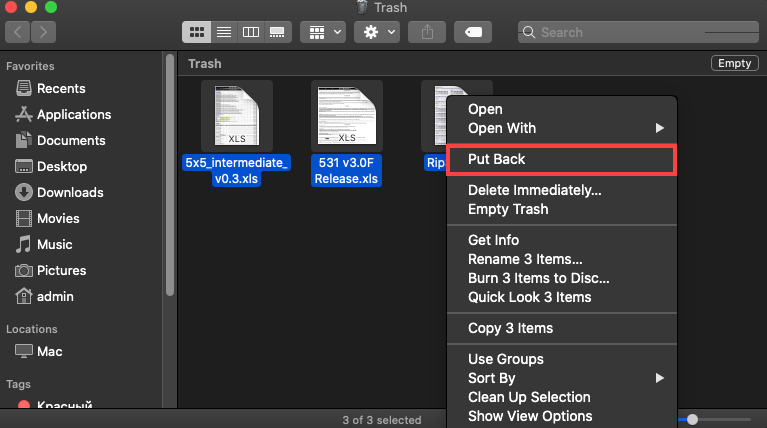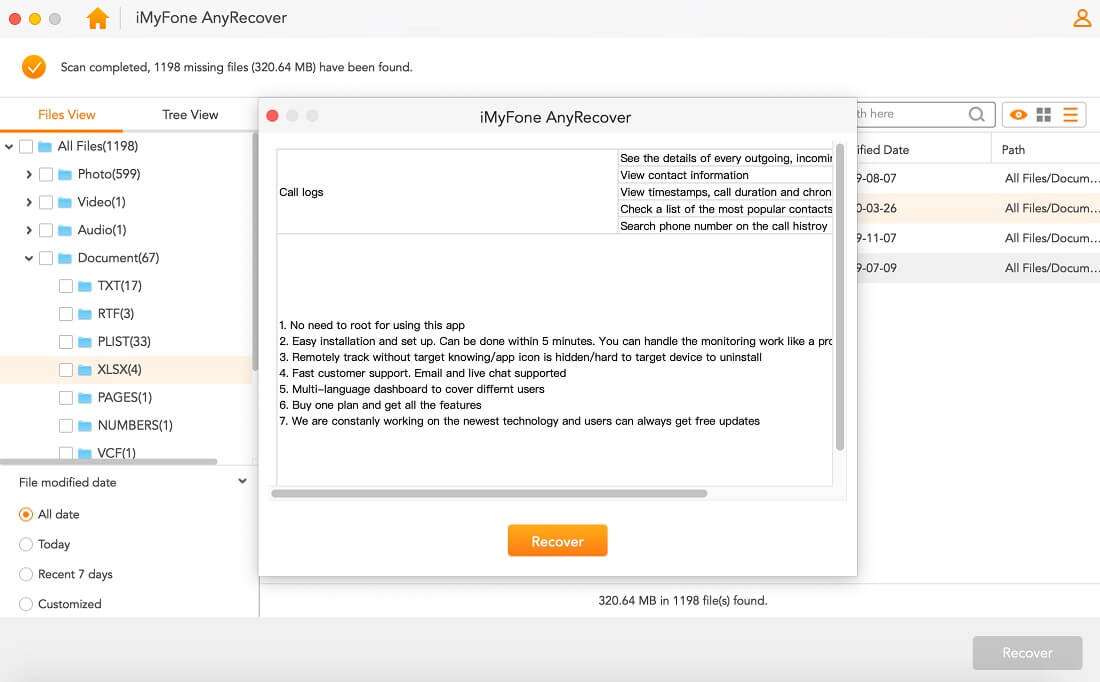
This discussion would be a little bit different if we were talking about a server. The best way to ensure that things don't get messy is to leave it alone. However, if it gets messy it may hurt performance. Unless you are on a rotational drive, there is no performance impact caused by the number of files here. As for potential malicious content, nothing should be executing from /var in general but a baddie could potentially store some data there.

Click the File menu item at the top of the screen, then click Move Items to Trash in the drop-down menu. Doing so selects everything in the 'Caches' folder. Often "/var/db" and "/var/log" can get large, both I would typically leave alone. Click one item or folder in the 'Caches' folder, then press Command + A.
#How to clear excel temp files on mac windows
Some examples of Windows utilities include: TFCLEANUP. These programs can search your hard disk for temp files and remove the ones you don't need, saving hard disk space. If you have just one of each, leave it alone. If you want to delete many temp files at once, several programs are available that will automate the process for you. On a Mac, the usual culprit is multiple sleep images or swap files (/var/VM). That's ok if you're getting down and dirty on some client machine and you don't have time to diagnose and you're going for the Hail Mary. After then from the pop-up Window choose the option Save As for the recovery.

3: Choose your unsaved Excel file and hit on the Open tab.

2: Select Recent > in the bottom left corner you will see Recover Unsaved Spreadsheets option. I do like Onyx and Onyx will clean our /var fairly safely but it takes away the responsibility of knowing what you're doing when messing around in the system directories. 1: Click on the File tab present at the upper left corner. Files and images in /var are uuuuuusually ok to delete but I wouldn't do so preemptively.


 0 kommentar(er)
0 kommentar(er)
